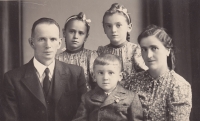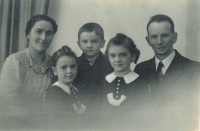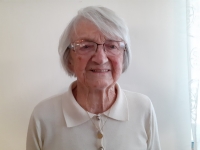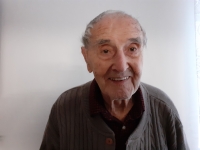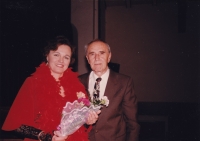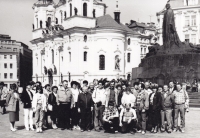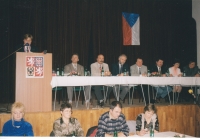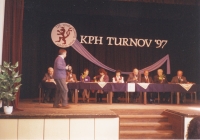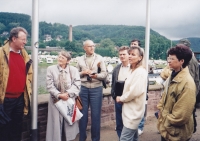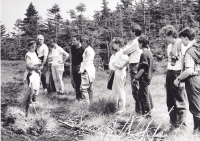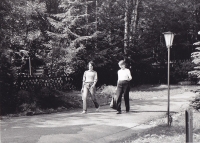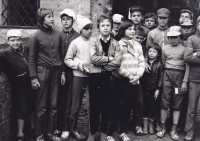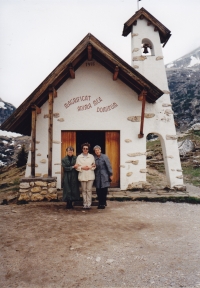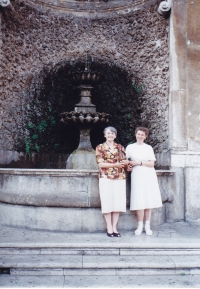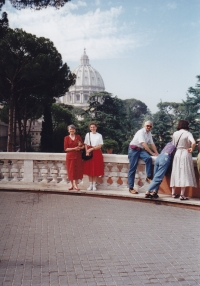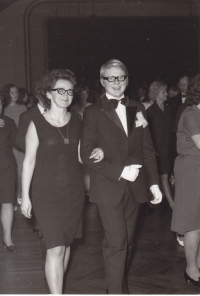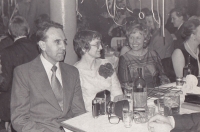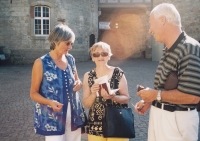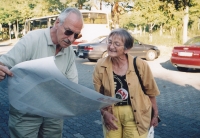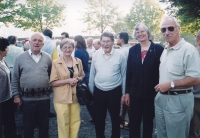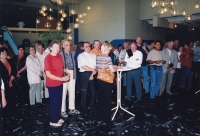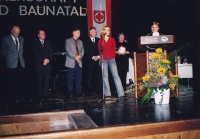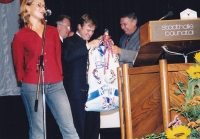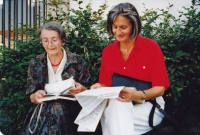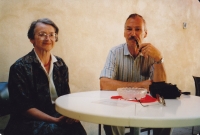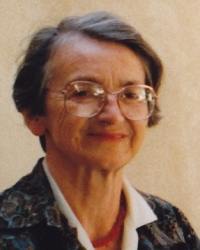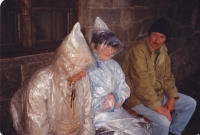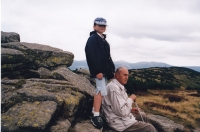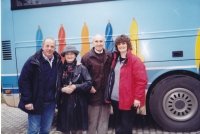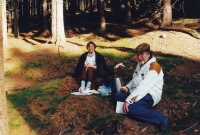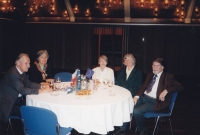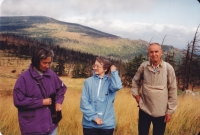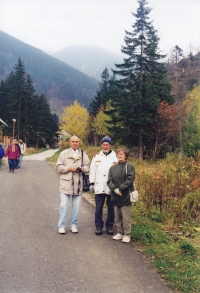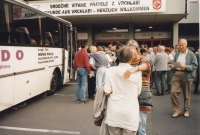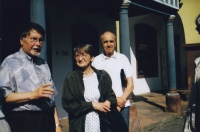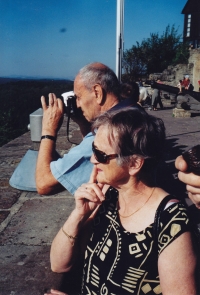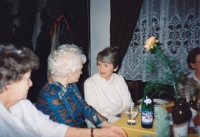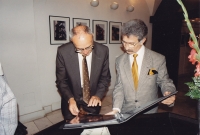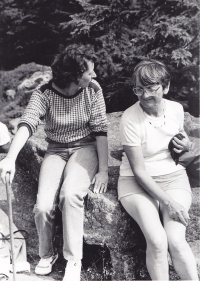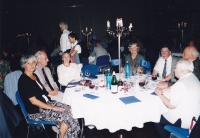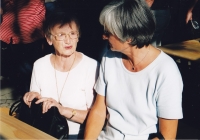In the oven the picture of the president Masaryk was hidden away from the Germans

Download image
Jana Singerová was born on August 22, 1932 in Nové Paca as Jana Waňková. At the beginning of the Second World War, father Alois Vaněk (Waněk) was deployed as a stoker and engineer on locomotives carrying German weapons to the East. He witnessed the bombing of Dresden and was shaken to the point that he decided to flee. He went to Nová Paka at night, secretly and on foot, arriving home in April. After the war, Jana graduated from a two-year business academy and obtained an economic position in Prague. The parents’ dream came true, they bought a farm with horses near Nová Paka, but in the mid-1950s the entire property was confiscated. They had to join a unified agricultural cooperative (JZD). The survivor started working at the company TOS (machine tool factory) in Vrchlabí, where she met her future husband Otto Singer, a well-known photographer from Vrchlabí and a promoter of local musical life. Until her retirement, she then worked as an economist in an apprenticeship school, a retirement home and the department of a regional architect. Together with her husband maintained contact with the German town of Baunatal.
